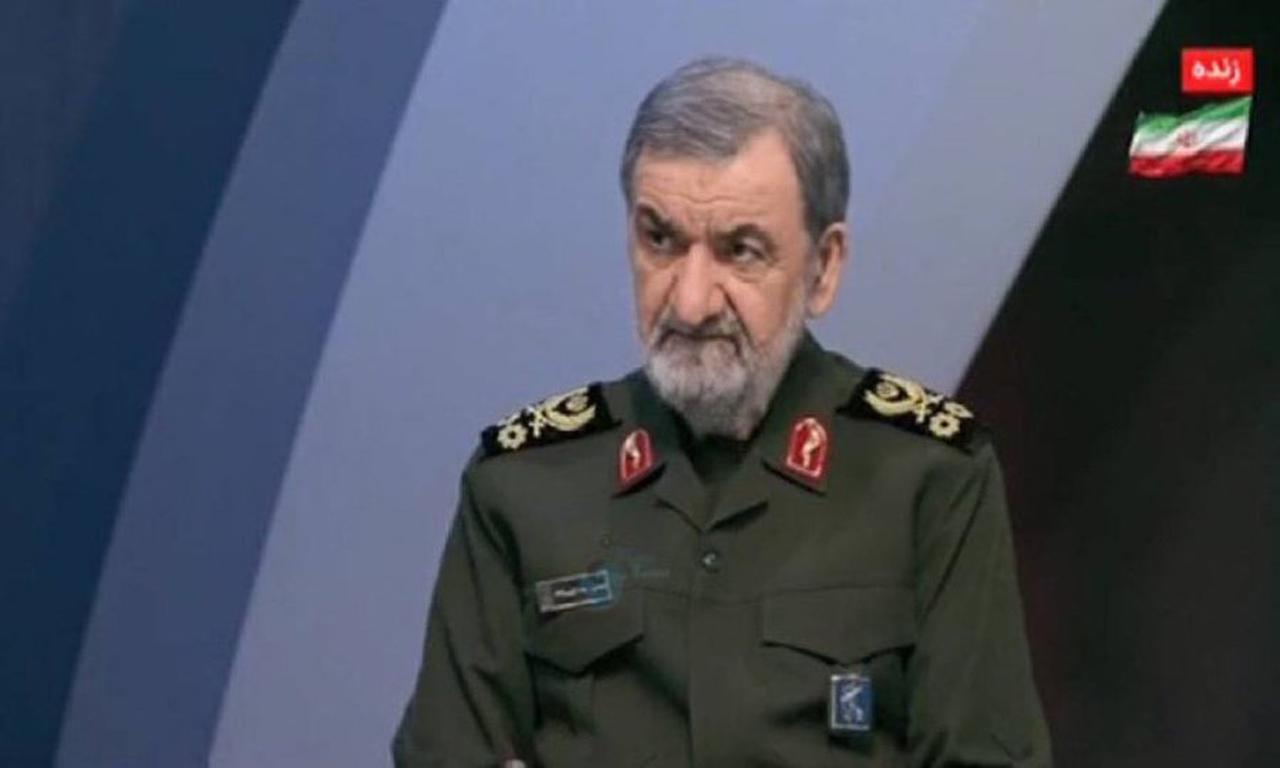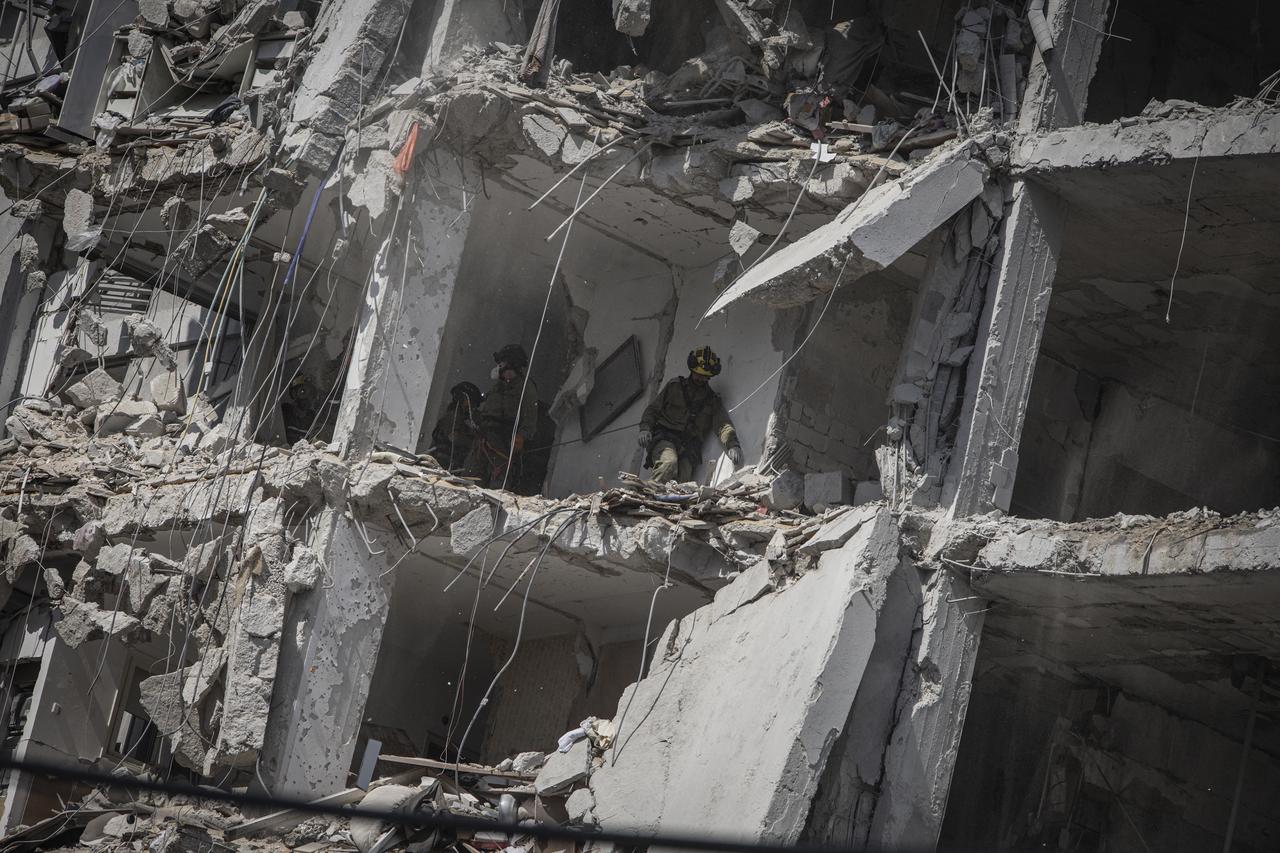
Senior Islamic Revolutionary Guard Corps (IRGC) general and Iranian National Security Council member Mohsen Rezaei said, "Pakistan has told us that if Israel uses nuclear missiles, we will also attack it with nuclear weapons," during an interview on Iranian state television.
Pakistan had vowed to "stand behind Iran" and called for Muslim unity against Israel after attacks on Iran. Despite Pakistan's staunch support for Iran in the face of Israeli attacks, there was no statement from any Pakistani official about the possibility of using nuclear weapons against Israel.
Rezaei also claimed that Iran has hidden tactics and capabilities that the country has not revealed yet.
Pakistani Defense Minister Khwaja Asif released a statement on the social media platform X on Sunday and said, "The World should be wary and apprehensive about Israel’s nuclear prowess, a country not bound by any international nuclear discipline, not a signatory to the NPT or any other binding arrangement."
"Pakistan is signatory to all international nuclear disciplines; our nuclear capability is for the benefit of our people and the defense of our country against the hostile designs of our enemies. We do not pursue hegemonic policies against our neighbors, which are being amply demonstrated by Israel these days," he added.
"Western world must worry about conflicts being generated by Israel; it will engulf the whole region and beyond. Their patronage of Israel, a rogue state, can have catastrophic consequences," Asif noted.
Speaking at the National Assembly, Pakistan Defense Minister Khwaja Asif said on June 14 that Muslim nations should now launch an initiative to show unity against Israel. "Israel has targeted Iran, Yemen, and Palestine. If Muslim nations don’t unite now, each will face the same fate," he said.
He urged the Muslim countries, which have diplomatic ties with Israel, to immediately cut ties and said the Organization of Islamic Cooperation (OIC) should convene to formulate a joint strategy.

Asif said that Pakistan has deep ties with Iran and Islamabad stands by Tehran in this difficult time.
"We stand behind Iran and will support them at every international forum to protect their interest," the defense minister said.
Israel launched coordinated airstrikes on multiple sites across Iran, including military and nuclear facilities, on Friday, prompting Tehran to launch retaliatory strikes.
Attacks and counterattacks have continued since then.
Israeli authorities said at least 13 people were killed and more than 370 others injured in Iranian missile attacks.
Meanwhile, according to the Iranian Health Ministry, at least 128 people were killed and 900 others injured since the Israeli attacks started on Friday.